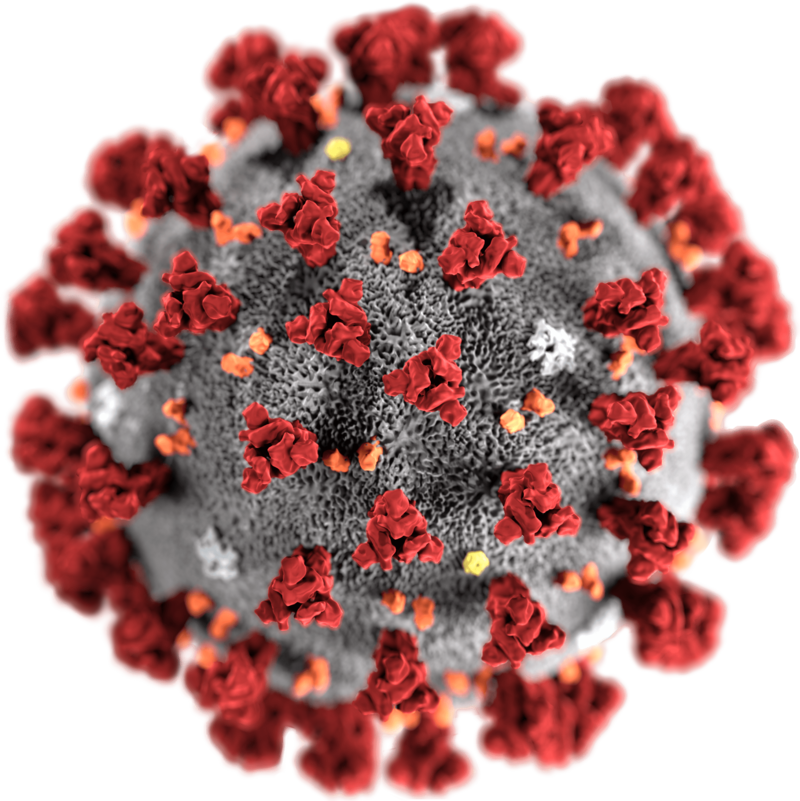Sustainable Development Report 2020 (SDR 2020 ) says the world needs to learn from good practices, focus on hunger hotspots, strengthen financing mechanisms, provide social protection and develop drugs to recover better from Covd-19.

The COVID-19 pandemic is the worst human and economic crisis of our times. It calls for more than proportionate response to not only fight the pandemic, but also bounce back better. The response can range from learning from best practices from East Asia and the Pacific regions, focusing on hunger hotspots to fight food insecurity, strengthening financing mechanisms for developing countries, providing social protection, and promoting research and development of drugs and vaccines for COVID-19, according to a recent report.
The Sustainable Development Report 2020 (SDR 2020) tracking the performance of UN member states on 17 Sustainable Development Goals (SDGs) adopted in 2015 was written by eminent economist Jeffrey D Sachs, Director of the Center for Sustainable Development at Columbia University, and other independent experts at the Sustainable Development Solutions Network (SDSN) and Bertelsmann Stiftung, and published by Cambridge University Press.
SDR 2020 builds on the principles of SDGs. “The Sustainable Development Goals are needed more than ever. Their bedrock principles of social inclusion, universal access to public services, and global cooperation are the guideposts for fighting Covid-19 as well as for the investment-led recovery the world should adopt to overcome the economic crisis caused by the pandemic,” says Sachs
Even before the coronavirus pandemic, the achievement of the SDGs by 2030 was off-track. There was also uneven and insufficient progress. The pandemic has further affected the SDG progress, adds another publication, Sustainable Development Goals Report 2020 by the UN Department of Economic and Social Affairs (UNDESA).
The global efforts have been insufficient to deliver the change we need. Now, due to COVID-19, an unprecedented health, economic and social crisis is threatening lives and livelihoods, making the achievement of Goals even more challenging, according to UN Secretary-General António Guterres.
The report flags that it is the poorest and most vulnerable – including children, older persons, persons with disabilities, migrants and refugees – who are the worst affected by the COVID-19 pandemic.
Key findings:
- An estimated 71 million people are expected to be pushed back into extreme poverty in 2020, the first rise in global poverty since 1998.
- Underemployment and unemployment due to the crisis mean some 1.6 billion already vulnerable workers in the informal economy – half the global workforce – may be significantly affected.
- The more than one billion slum dwellers worldwide are acutely at risk from the effects of COVID-19, suffering from a lack of adequate housing, no running water at home, shared toilets, little or no waste management systems, overcrowded public transport and limited access to formal health care facilities.
- Women and children are also among those bearing the heaviest brunt of the pandemic’s effects. Disruption to health and vaccination services and limited access to diet and nutrition services have the potential to cause hundreds of thousands of additional under-5 deaths and tens of thousands of additional maternal deaths in 2020.
- School closures have kept 90 per cent of students worldwide (1.57 billion) out of school and caused over 370 million children to miss out on school meals they depend on. Lack of access to computers and the internet at home means remote learning is out of reach of many.
- As more families fall into extreme poverty, children in poor and disadvantaged communities are at much greater risk of child labour, child marriage and child trafficking.
The report also stresses that climate change risks are imminent with increasing ocean acidification, land degradation, and unsustainable consumption and production patterns. Year 2019 was the second warmest year on record. Given such grim situation, it is time for the global community to get its act together not only to win the war against the coronavirus pandemic, but also prepare to fight future emergencies. The sooner, the better.
